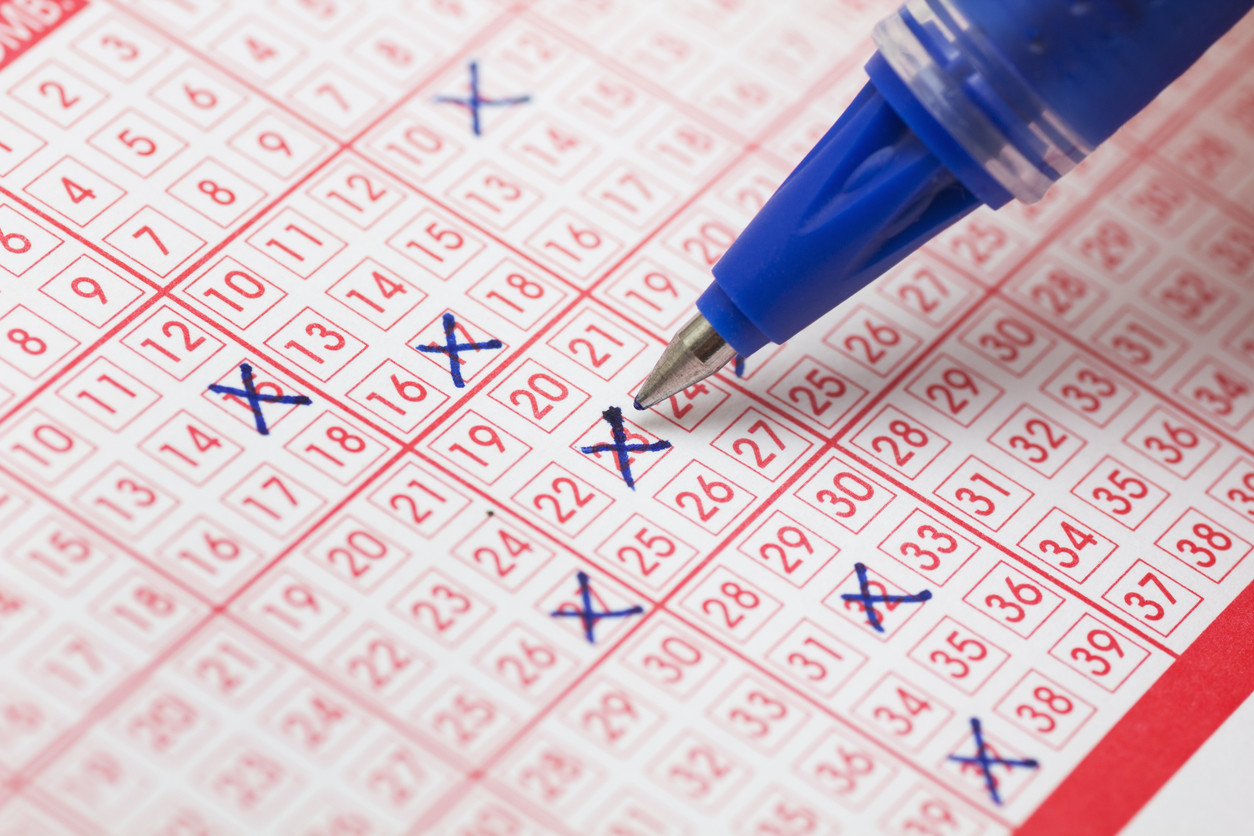If your neighbour wins the lottery, at worst he may throw some loud late-night ragers and contribute to noise pollution with a cadre of fancy new sports cars. His seemingly care-free lifestyle may also be annoying when you have to slave away at work every day. But there’s even more bad news for people who live in close proximately to the newly wealthy. Research shows that Canadians who live near lottery winners are more likely to go bankrupt. These people are more apt to buy conspicuous goods, borrow more money, and put their cash in speculative investments.
“The larger the dollar magnitude of a lottery prize of one individual in a very small neighborhood, the more subsequent bankruptcies there will be from other individuals in that neighborhood,” according to a new version of a working paper from the Federal Reserve Bank of Philadelphia by Sumit Agarwal of Georgetown University, Vyacheslav Mikhed of the Philadelphia Fed, and Barry Scholnick of the University of Alberta (via Bloomberg).
The paper is titled: “Does the Relative Income of Peers Cause Financial Distress? Evidence from Lottery Winners and Neighboring Bankruptcies.” An earlier version of the paper was released in 2016 and showed that neighbours of lottery winners would increase their spending on items others could see, such as vehicles, but they did not purchase items such as indoor furniture.
The latest version of the paper includes additional findings. For example, those who lived near lottery winners and filed for bankruptcy were more likely to engage in high-risk investments such as stocks instead of low-risk ones. The theory is that the neighbours are trying to keep up with the Joneses by making money in the stock market. Another insight from the updated paper is that neighbours of lottery winners are more likely to borrow more money.
Researchers examined neighbours who lived next to those who won lotteries of just C$1,000 to C$150,000, mainly because winners of larger jackpots commonly move to other neighbourhoods. Another reason is that winners of small jackpots tend to keep their prize a secret. The researchers theorized that if people knew their neighbours had won the lottery they wouldn’t spend as much of their own money on stocks or conspicuous goods or borrow large sums of money.
The paper featured data from 7,337 lottery prizes from 2004 to 2014 in an unnamed Canadian province. The researchers determined that when a lottery prize equalled median annual income (C$29,000), a neighbour’s bankruptcy rate rose 6.6 percent.
The researchers also found that those who filed for bankruptcy were not more likely to have gambled away their money. In other words, they weren’t buying more lottery tickets in hopes of achieving the same success as their lucky neighbours.


